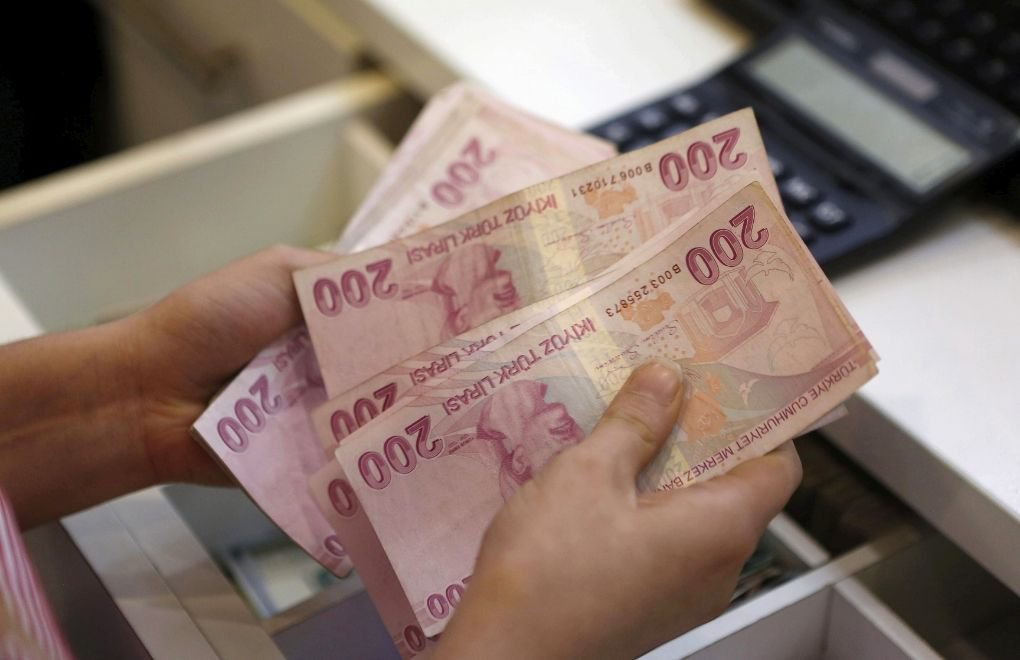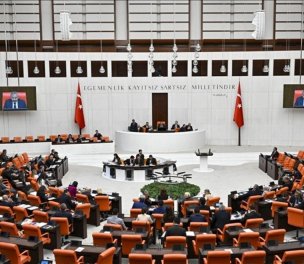Click to read the article in Turkish / Kurdish
President Recep Tayyip Erdoğan has issued a decree that raises the rates of value-added tax (VAT) and certain fees, according to the Official Gazette.
The decree specifies that VAT on certain products will increase from 18% to 20%, while for other items, it will rise from 8% to 10%.
VAT plays a significant role in the country's budget, as revealed in the December 2022 Central Government Budget Execution Report by the Ministry of Treasury and Finance. The report indicates that roughly one-third of budget revenues come from VAT. Aside from VAT, the two other major revenue sources are excise taxes and income taxes.
This tax increase follows substantial raises in the minimum wage last month and the salary adjustments for public servants expected to pass the parliament in the coming days. The minimum wage saw a 34% increase, and public servant salaries will rise up to 86%. President Erdoğan also mentioned that efforts are being made to provide salary increases for retirees.
Furthermore, the fee required for registering cell phones brought from abroad has also been raised significantly, going from 6,000 Turkish liras to 20,000 Turkish liras.
In addition, there has been a 50% increase in fixed fees included in the tariffs associated with the Law No. 492 on Fees. These fees cover a wide range of services, such as judiciary, notary services, tax jurisdiction, land registry and cadastre, consulates, passports, residence permits, work permits, work permit exemptions, visas, Ministry of Foreign Affairs authentication, ship and port services, licenses, diplomas, and traffic.
The recent tax adjustments and fee increases introduced by President Erdoğan's decree are aimed at generating additional revenue for the government. However, these changes may also impact the cost of living for citizens and potentially affect businesses operating in Turkey.
Protest by union members

Trade Unions Confederation of Public Employees (KESK) staged a protest in Ankara to demonstrate against the proposed tax increases and salary adjustments for public servants.
Contrary to the claims and narrative of the government, Kablan stated, "Unfortunately, considering the real inflation rate, this increase, which amounts to about half of the poverty line, will force public employees to continue living in dire conditions."
Describing the government's actions as "giving with one hand and taking with the other," she said that even before the bill was presented to the parliament, there was already a "downpour of price hikes."
Kablan emphasized, "If the legislative proposal ... is passed in its current form, public employees will experience significant loss of rights in terms of the percentage increase, lump-sum adjustments, tax brackets, base salary, severance pay, and the rates that will affect retirees."
"According to statements made by the government regarding salary increases for public employees, the proposed increase is 17.55% + 8,077 Turkish Liras. However, in the omnibus bill proposal submitted to the parliament, the increase in base wages remains at 17.55%, which consists of the inflation difference plus the collective bargaining increase," she explained.
"I In this case, a public employee who currently receives the minimum wage of 11,800 lira, including 985 lira for a non-working spouse and 325 lira for two children, will supposedly earn 22,000 TL. However, the actual salary, the base wage, will only be 13,870 lira.
"Therefore, in the future, salary adjustments will be based on 13,870 lira, not 22,000 lira. The additional 8,077 lira provided now will remain stagnant and gradually erode in a few years." (EMK/VC/VK)








